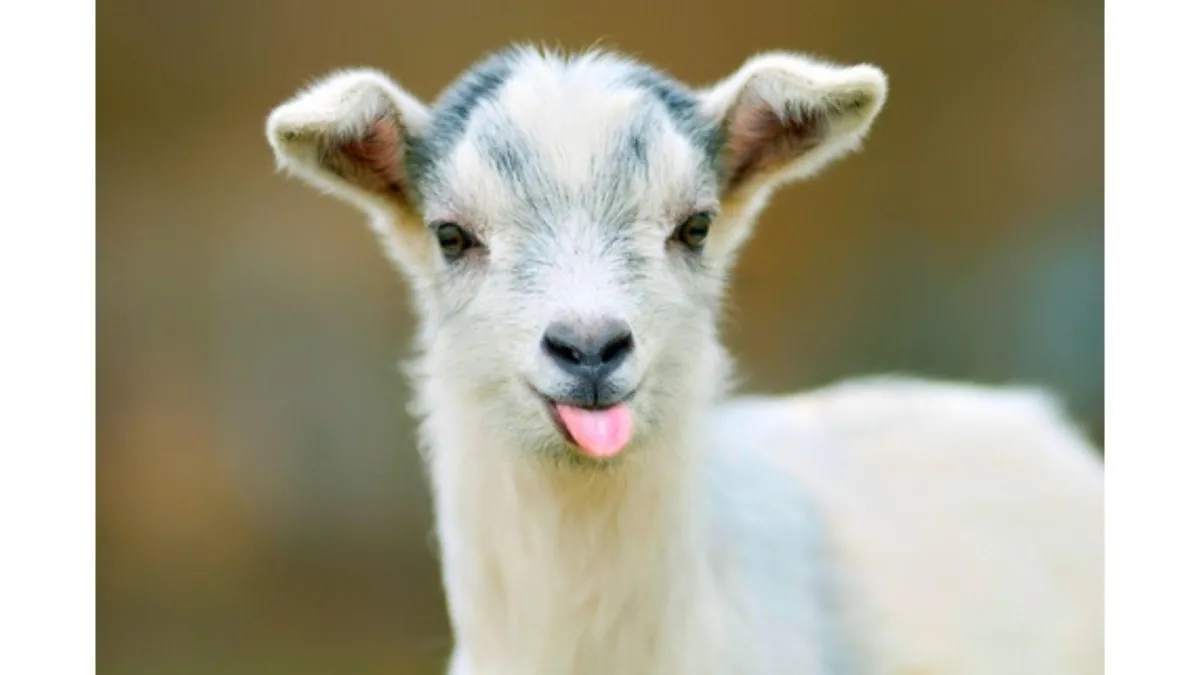
Teeth and Teeth Problems
Ruminants - Cattle, Sheep, Goats, Deer, and Alpacas
Cattle, goats, sheep, and other ruminants have no upper incisors. Instead, they have a hard dental pad, and their bottom incisors (eight in total) bite against that.
The temporary incisors of young animals are gradually replaced by permanent incisors in pairs, starting with the central pair and working outward.
Here are the approximate ages of permanent incisor eruption in cattle, sheep, and goats. Bear in mind there can be considerable variation between individuals.
Cattle:
Central incisors: 1½–2 years
Second pair: 2–2½ years
Third pair: 3 years
Fourth pair: 3½–4 years
Sheep and Goats:
Central incisors: 1–1½ years
Second pair: 1½–2 years
Third pair: 2½–3 years
Fourth pair (full mouth): 3–4 years
Until about four years old, a ruminant's age can be estimated by the number of permanent incisors. After that, tooth wear and loss make age estimation more difficult.
Horses - Incisor Development and Ageing
Horses have six incisors on both the upper and lower jaws.
Central pair: erupt around 2½ years
Second pair: 3½ years
Corner pair: 4½ years
As with ruminants, the age of a young horse can be judged by the number of permanent incisors. After five years, other incisor features are used to assess age, such as the pattern of enamel and dentine on the biting surface, enamel spurs on the outer third upper incisors, and the angle of the teeth in the jaw. This assessment requires expertise.
Common Dental Problems in Livestock and Horses
Excessive Incisor Wear
Incisors worn down to gum level are often the result of grazing on sandy or gritty soils. This issue mainly affects older animals. These animals can still do well on long, soft pasture, hay, silage, or concentrates.
Periodontal Disease in Incisors
Infection around the base of the incisors (periodontitis) causes them to loosen or fall out. Loose teeth can usually be removed by hand or with pliers. Animals with missing incisors can still maintain good condition on soft feeds.
Only remove teeth that are very loose. If in doubt, call your vet.
Cheek Tooth Issues and Their Effects
Cheek teeth can wear unevenly, causing ulcers on the tongue or cheeks. Signs include:
Dropping feed from the mouth
Bulging cheeks due to impacted feed
Green staining around the mouth from drooling
Overgrown cheek teeth are common in older ponies and horses. Treatment involves rasping sharp edges, which should only be done by a vet or equine dental technician.
To prevent problems, have ponies’ and horses’ teeth checked and rasped annually.
Periodontal disease can also affect cheek teeth, leading to sore, swollen jaws and weight loss due to difficulty chewing. This requires prompt veterinary attention.
Jaw Abnormalities: Overshot and Undershot
Some animals are born with a lower jaw that is too short (undershot or “parrot mouth”) or too long (overshot). Mild cases can often still graze and be finished for slaughter on good-quality pasture.
Avoid breeding from animals with these jaw deformities, as they are often hereditary.
When to Seek Veterinary Help
Dental problems cause significant pain and can interfere with feeding. Never attempt to treat serious issues yourself. If an animal shows signs of mouth pain, weight loss, or dental abnormality, seek veterinary advice promptly.
If you'd like a practical guide to recognising and preventing these problems on your block, explore our Teeth & Tooth Problems course, tailored for lifestyle farmers.

